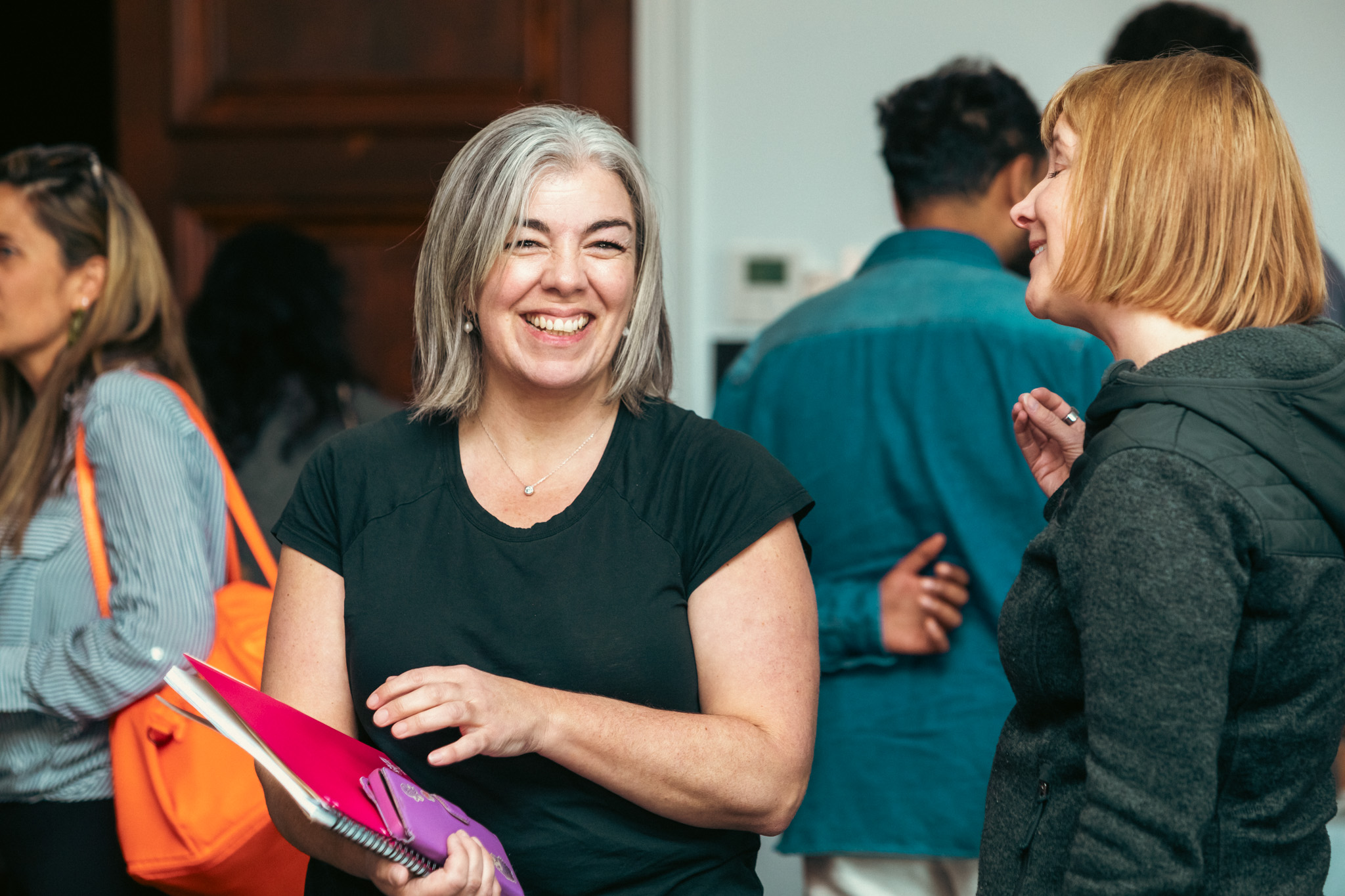Program structure
Year 1 and 2: Foundation studies in relational gestalt practice
Years 1 and 2 introduce you to relational gestalt through the exploration of gestalt theory and practice. This allows you to apply gestalt principles to professional and personal contexts, which means you can take the learning from these 2 years into your existing professional practice, with greater personal awareness and confidence, enhanced interpersonal skills, and a solid grounding in a gestalt. This can be studied as a stand-alone program and you will be awarded an Gestalt Practitioner certificate upon completion. The certificate is also a prerequisite for further study at GTA.
Personal therapy
All students are required to complete 50 hours of individual therapy by the end of 2nd year. Up to 15 hours of therapy completed in the year before study can be counted towards this requirement. You can also count some hours of group therapy.
Year 3 and 4: Advanced clinical training in relational gestalt psychotherapy (with internship)
Years 3 and 4 expand on the previous two years and help you develop the clinical thinking and practice competencies to become a therapist. Students who complete both the training program and internship graduate as a Gestalt Psychotherapist. It is possible to complete the training program without an internship, and you will graduate with a certificate of completion for applied gestalt practice recognising the 600 hours of training.
ConnectGround clinic student internship
During years 3 and 4 of training, students are expected to complete 100 hours of face-to-face client work under supervision. Most students undertake an internship in our community-based clinic ConnectGround. Those students who are already working with clients in a therapeutic setting may apply for an exemption for the internship. Students located interstate will receive support in finding their own clients.
An internship at the ConnectGround clinic offers a unique opportunity to gain practical experience in working with clients. It serves as an apprenticeship in gestalt psychotherapy, providing interns with a supportive and collegial learning environment. It is also necessary to put the skills to practice in a gestalt psychotherapy setting.
Interns work with a caseload of 3 clients per week and receive fortnightly group and individual supervision. Most placements are 12 -18 months in duration, and are usually started in the third year and completed in the fourth year.

Dates, times, and location
For the first-year in person program in 2026, classes run from late February to October with school and public holiday breaks. You can choose either the Monday afternoon (1 pm – 4.15 pm) class or the Wednesday evening (5.30 pm – 8.45 pm) class, and you will stay with the same group throughout the year. Most classes are held at ‘Elie’ (our training campus), located at 27 Royal Parade, Parkville.
Weekends usually include three non-residential weekends held at Elie (March, June and September), plus two residential weekends (August and October). The August residential is a whole school residential in Hepburn Springs with accommodation and catering included.
------------------------------------------------------------------------------------------------------------------------
For the first-year hybrid program in 2025, classes run from November 2025 to August 2026 with school and public holiday breaks. Online classes are conducted 5:30 pm - 8:45 pm Melbourne time on Tuesday evenings.
Hybrid program weekends are held in person from Thursday to Sunday in November, February, and May at Elie (Parkville). Plus a whole school residential weekend in August in Hepburn Springs with accommodation and catering included.
The next hybrid program intake is in Q4 2026. We will update program details when they are available.
Fees and financial aid
The annual program fee is $10,600 for 2026. The same fees apply to both in-person and hybrid training programs. For subsequent years, this amount can be adjusted with a price indexation of no more than 5%.
The program fees include:
- Onboarding and administration fees
- Tuition (weekly classes and assessment)
- Tuition (weekends and specialist modules)
- Residential modules (including food and accommodation)
The annual fee can be paid up-front with a 5% discount, or in 4 payments across the academic year. A $1540 deposit is required to secure your place once you receive an offer.
As we are not a tertiary institution, there is no government fee assistance; however, please get in touch with us if you are under financial stress. Some students claim their program fees through their taxes or workplace professional development budget upon consultation with an accountant/financial advisor.
Student demographics and career outcomes

Our students come from diverse professional backgrounds, including but not limited to psychology, social work, counselling, occupational therapy, nursing, music/art therapy, yoga and bodywork, teaching/school welfare, HR, coaching, engineering, and consulting.
Graduates of our program work in various settings and take up many different roles, including working in education, hospitals, youth services, community health, mental health settings, and other business or social organisations. Many have thriving private therapy practices.



















